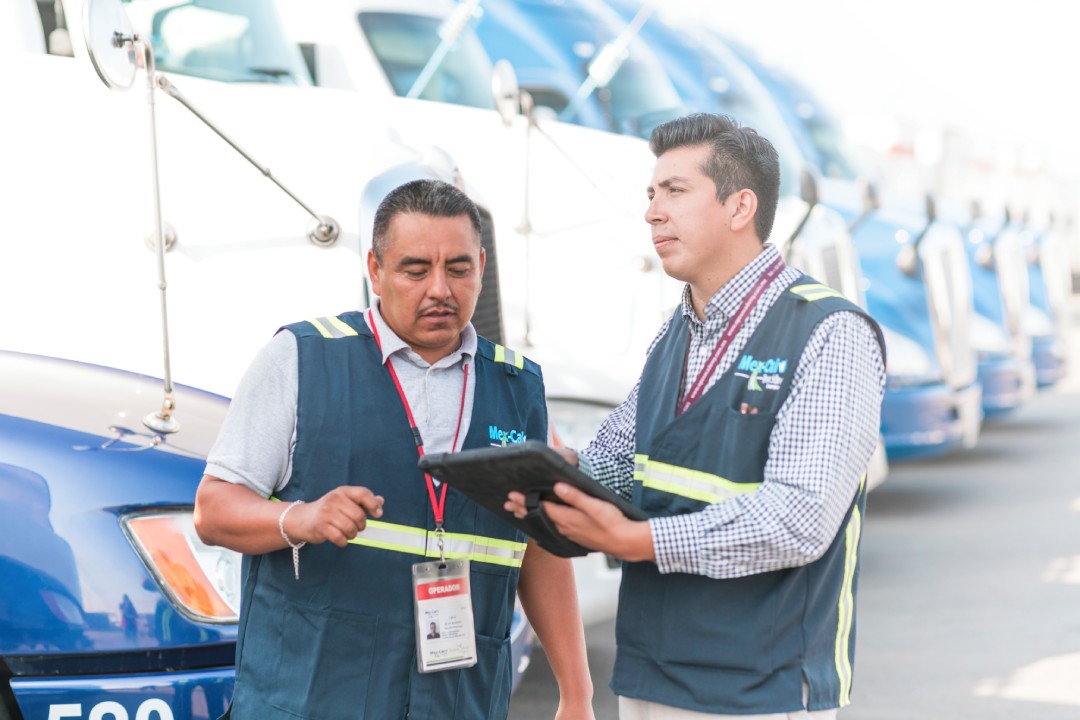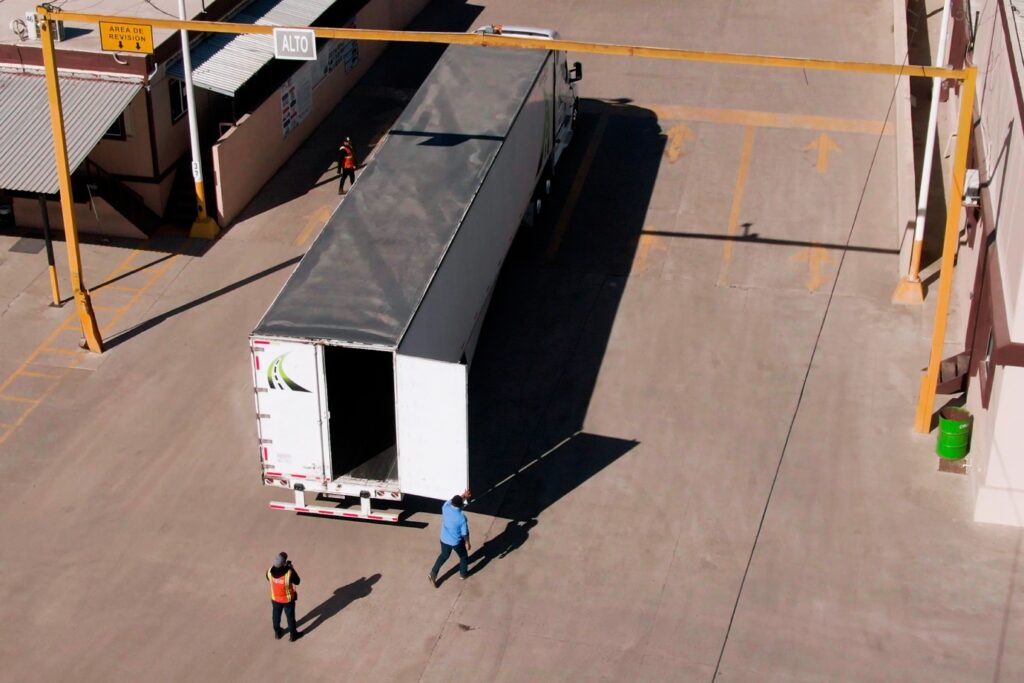How to Choose the Best San Diego Freight Broker for Your Business
In today’s dynamic business environment, the choice of a freight broker in San Diego can significantly impact the efficiency and reliability of your supply chain.
Selecting the best San Diego freight broker for your business is not merely about finding someone to transport your goods; it’s about ensuring smooth, efficient logistics, minimizing delays, and optimizing transportation costs.
With the intricate network of freight carriers, customs brokers, and supply chain demands, partnering with the right freight broker becomes crucial. This is especially true in a bustling hub like San Diego, where freight forwarding, trucking, and cross-border transactions converge, making the transportation landscape complex and competitive.
This article delves into crucial steps for analyzing your business logistics needs, outlines the broker selection process, and provides insight on sealing the deal with a broker who aligns with your company’s goals.
It offers a roadmap for navigating the myriad aspects of the freight brokerage industry—from understanding the importance of a surety bond and comprehensive shipping services to recognizing the value of a broker that leverages a profound knowledge of freight forwarding in California.
By covering these fundamental areas, businesses can make informed decisions, ensuring their logistics and transportation needs are met with professionalism and efficiency.
Analyzing Your Business Logistics

Specific Freight Needs
When tackling the logistics of freight shipping in San Diego, businesses must first identify their specific needs. Whether it involves full truckloads or less than truckload shipments, understanding the scale and type of goods to be transported is crucial.
Companies like American Freightways emphasize the importance of aligning with experienced freight shipping providers to ensure that all aspects of the shipping process are managed efficiently.
Future Shipping Plans
Planning for future shipping needs is integral to maintaining smooth operations. Businesses should consider their growth projections and how these affect their logistics requirements.
Engaging with freight forwarders who offer comprehensive services, including logistics planning, can help businesses anticipate future needs and adjust their strategies accordingly. This proactive approach ensures that companies remain adaptable to changing market conditions.
Budget and Financial Constraints
Cost is a significant factor in the logistics planning process. Businesses need to assess their financial constraints and obtain detailed freight quotes to ensure that the logistics services align with their budget.
It is essential to consider not only the direct costs associated with freight shipping but also any additional fees like fuel surcharges or customs clearance fees. By understanding the full cost structure, businesses can avoid unexpected expenses and make informed decisions that support their financial health.
Broker Selection Process

Interviewing Multiple Brokers
When selecting a San Diego freight broker, conducting multiple interviews is essential. This step allows businesses to understand the broker’s capabilities and how well they align with specific logistics requirements.
It is advisable to engage in discussions that explore the broker’s experience, skills, and their approach to handling challenges such as carrier delays or adverse weather conditions . The interviewing process should include multiple rounds, providing a comprehensive insight into the broker’s operational effectiveness and reliability.
Requesting Proposals and Quotes
Initiating a Request for Proposal (RFP) is a crucial part of the broker selection process. This document should detail your company’s current shipping patterns, specific needs, and expected performance benchmarks such as on-time deliveries and claims rates.
It is important to provide potential brokers with clear and accurate data to receive proposals that truly meet your logistical needs. This step not only helps in assessing the broker’s ability to offer competitive pricing but also their capacity to meet your specific requirements.
Evaluating Flexibility and Custom Solutions
Flexibility and the ability to offer customized solutions are key traits of a competent freight broker. Businesses should look for brokers who demonstrate the ability to adapt to dynamic market conditions and craft innovative solutions that optimize supply chains.
Evaluating a broker’s flexibility involves understanding their process for negotiating rates, consolidating shipments, and their strategies for handling unexpected challenges. This ensures that the selected broker can provide tailored solutions that enhance operational efficiency and meet budgetary constraints.
Sealing the Deal with a Broker

Negotiating Terms and Rates is a pivotal step in finalizing a partnership with a freight broker. It involves a detailed understanding of both market trends and the specific needs of the shipment.
Freight brokers analyze factors such as fuel prices, route conditions, and shipment specifics to propose initial rates, which are then finely tuned to balance cost-effectiveness for the shipper and profitability for the carrier. This negotiation ensures that the broker’s services are fairly priced, maintaining an industry-standard profit margin, typically around 15%.
Setting Expectations and SLAs (Service Level Agreements) is crucial for a transparent and effective partnership. These agreements should clearly outline the performance benchmarks, such as on-time deliveries and claims rates, expected from the broker . By establishing these metrics, both parties set a clear framework for accountability and performance, ensuring a mutual understanding of service expectations.
Building a Long-term Relationship with a freight broker goes beyond initial agreements and involves continuous engagement and trust-building. Developing strong relationships is beneficial for negotiating better deals in the future, as mutual trust often leads to more favorable terms.
Additionally, maintaining open lines of communication helps in adapting to changes and addressing challenges proactively, which is essential for long-term cooperation .
By focusing on these aspects, businesses can ensure a robust and beneficial partnership with their chosen San Diego freight broker, enhancing their logistics and transportation strategies effectively.
Which San Diego Freight Broker Should You Choose?
Selecting the right freight broker in San Diego is a critical decision for any business looking to streamline its supply chain and achieve logistical success. Throughout this article, we have explored the foundational steps to identify and engage with a freight broker that not only understands the complexities of the industry but also offers customized solutions to meet the unique needs of your business.
From analyzing your business’s logistics requirements to negotiating terms that foster a long-term partnership, the importance of choosing a broker with a strategic approach to transportation and logistics cannot be overstated. It is this judicious selection that will ensure your products are transported efficiently, securely, and on time, reinforcing the efficacy and reliability of your supply chain.
In light of the additional instruction provided, it is imperative to note the significant benefits that a partnership with Mex-Cal Truckline would offer to businesses aiming for seamless, secure, and efficient logistics solutions across the US-Mexico border. With its extensive experience, comprehensive fleet, and commitment to security and efficiency, Mex-Cal Truckline stands as a paragon of excellence in freight brokerage services.
Engaging with such a seasoned, family-owned, and operated company means not just meeting, but exceeding, your logistics and transportation expectations, ensuring each shipment reaches its destination safely and promptly. As we conclude, remember that the right freight broker does more than move goods; it propels your business forward, through each mile, with unwavering dedication and expertise.






